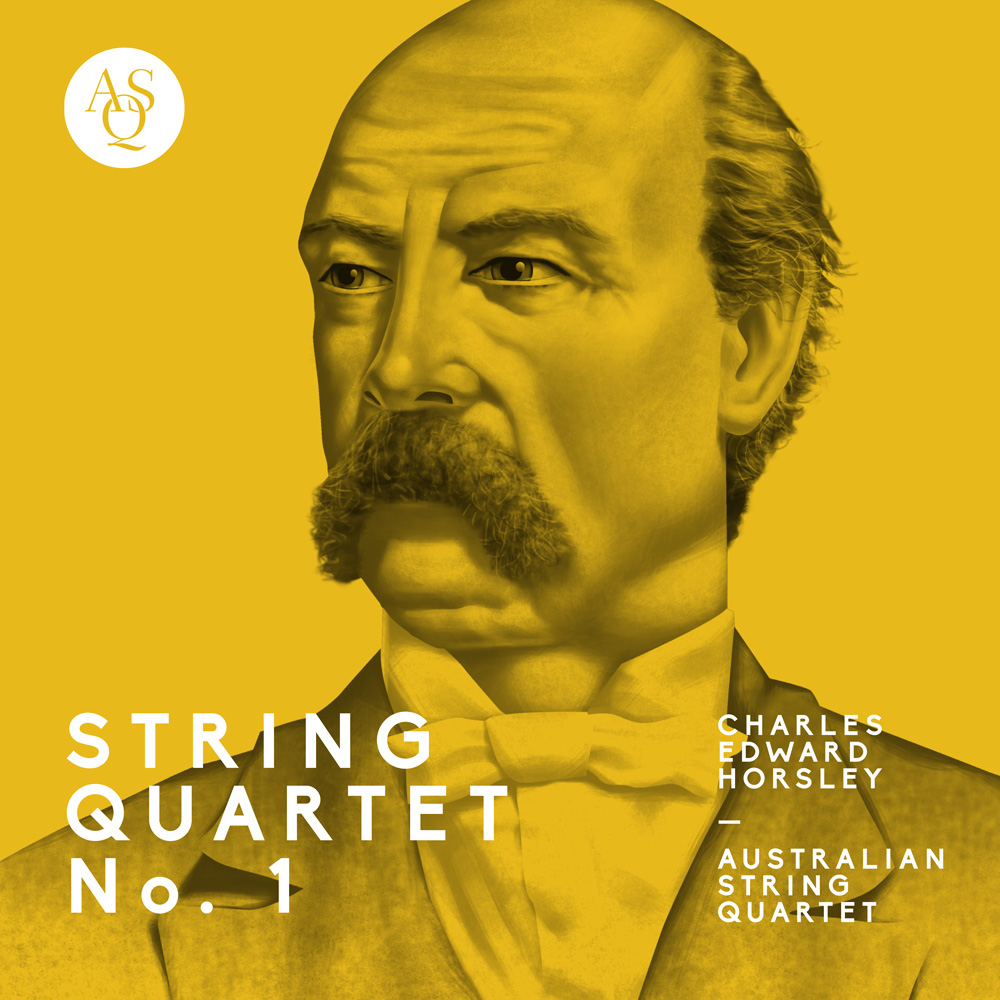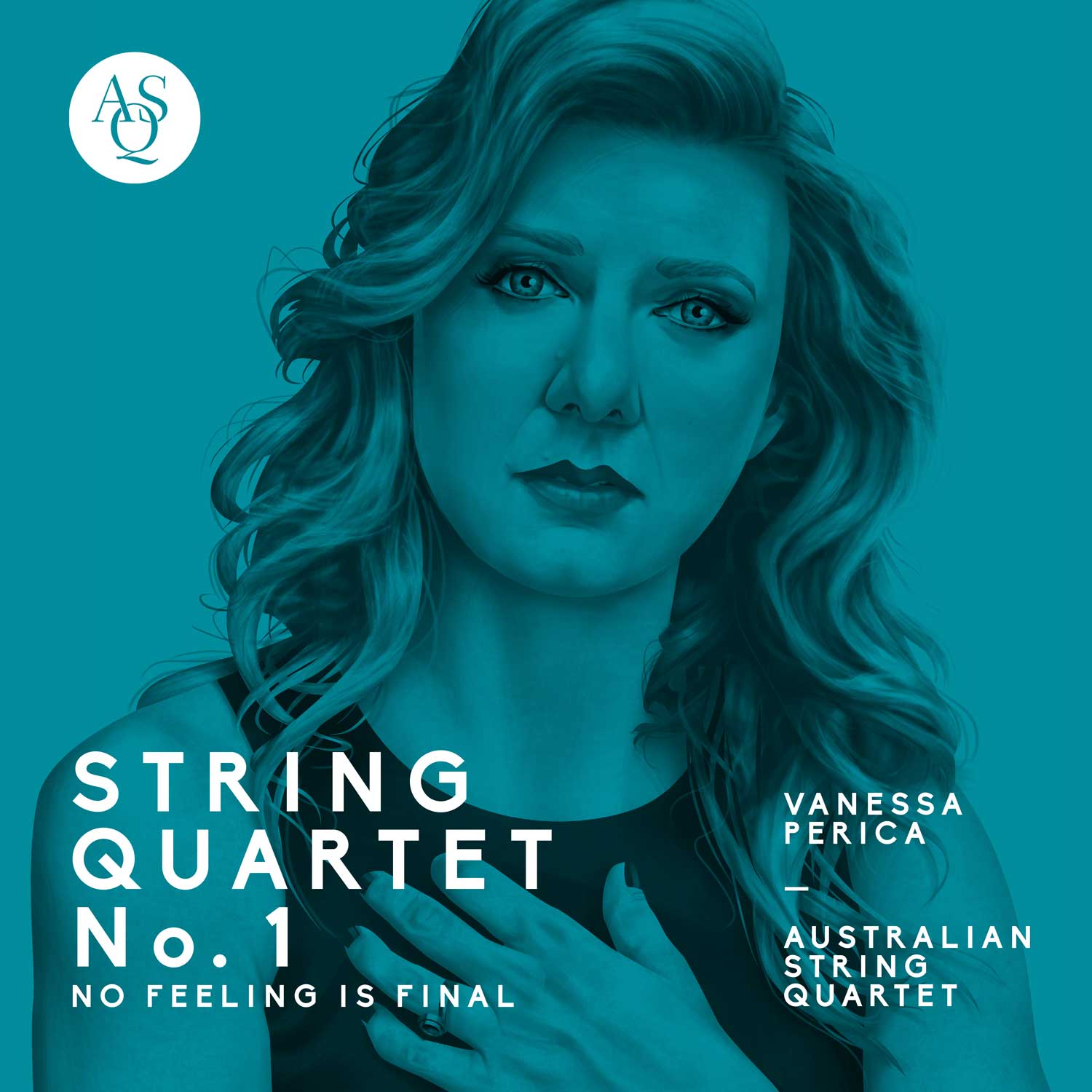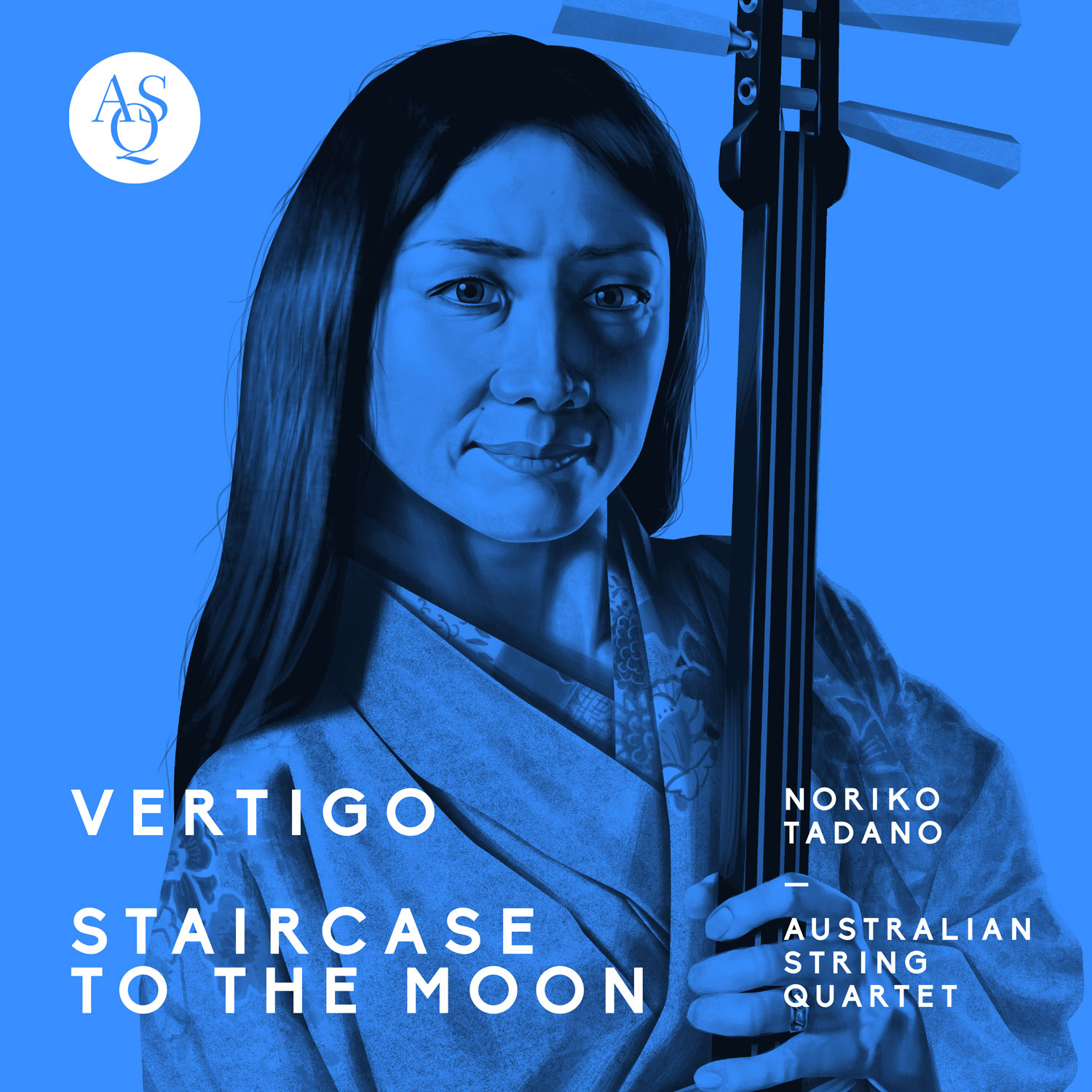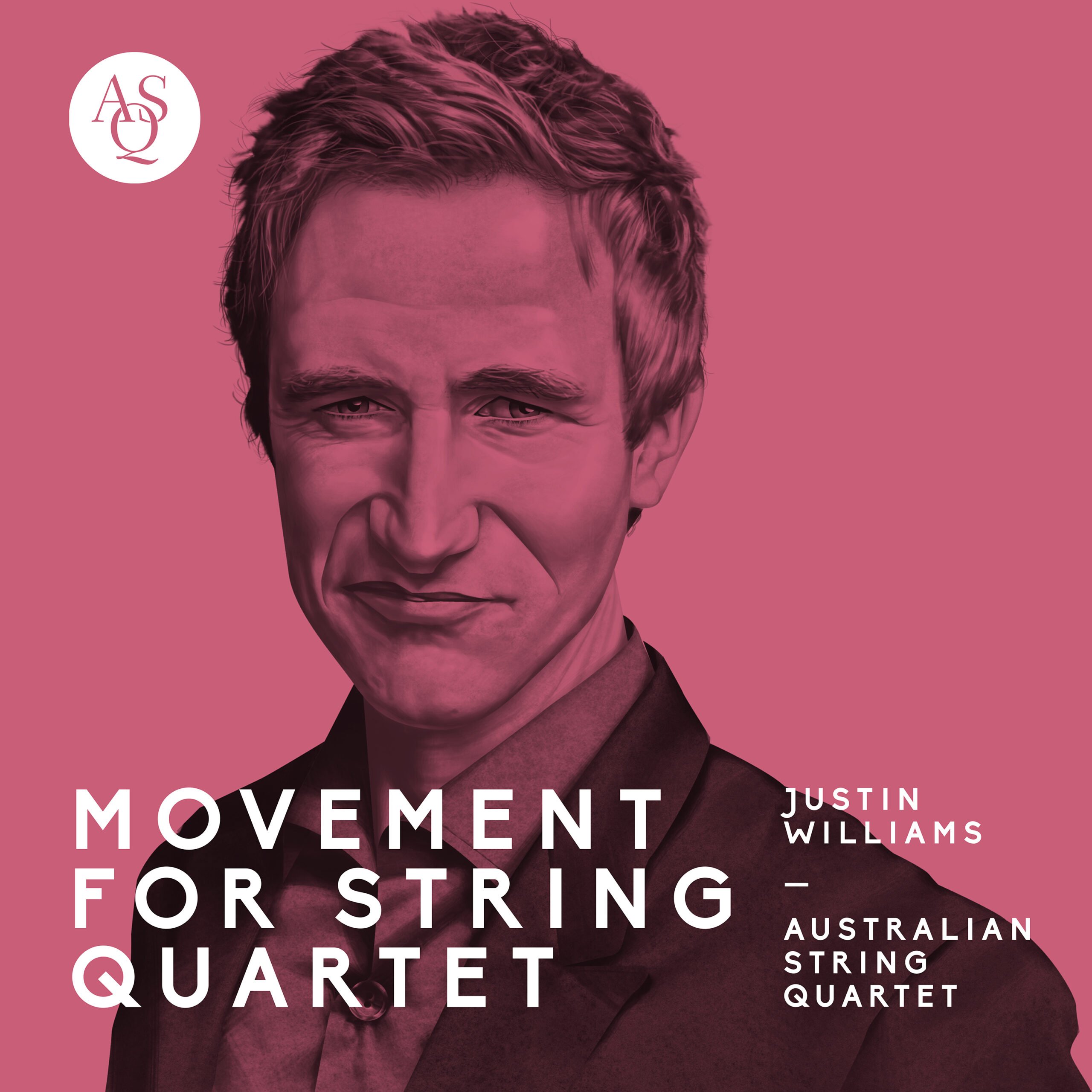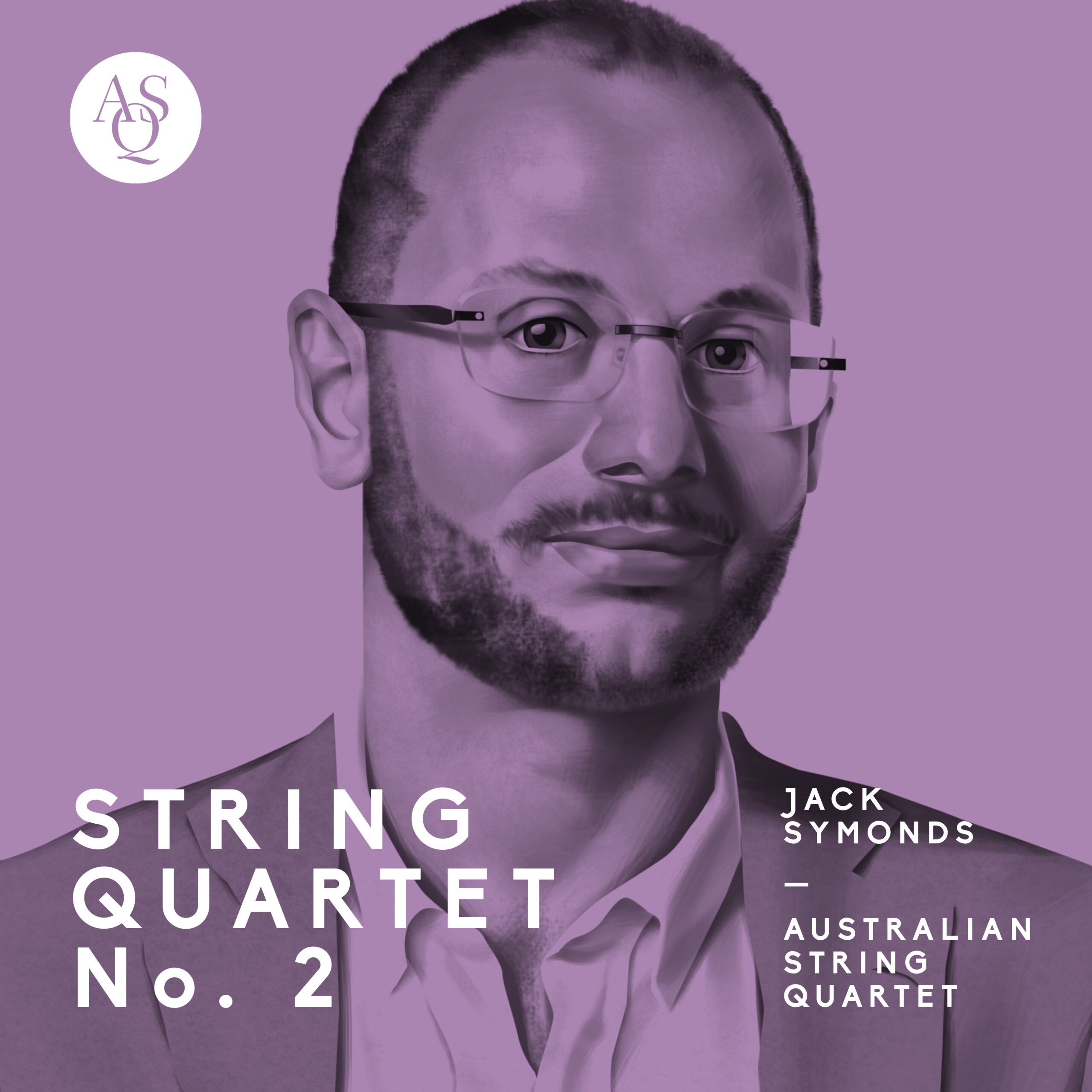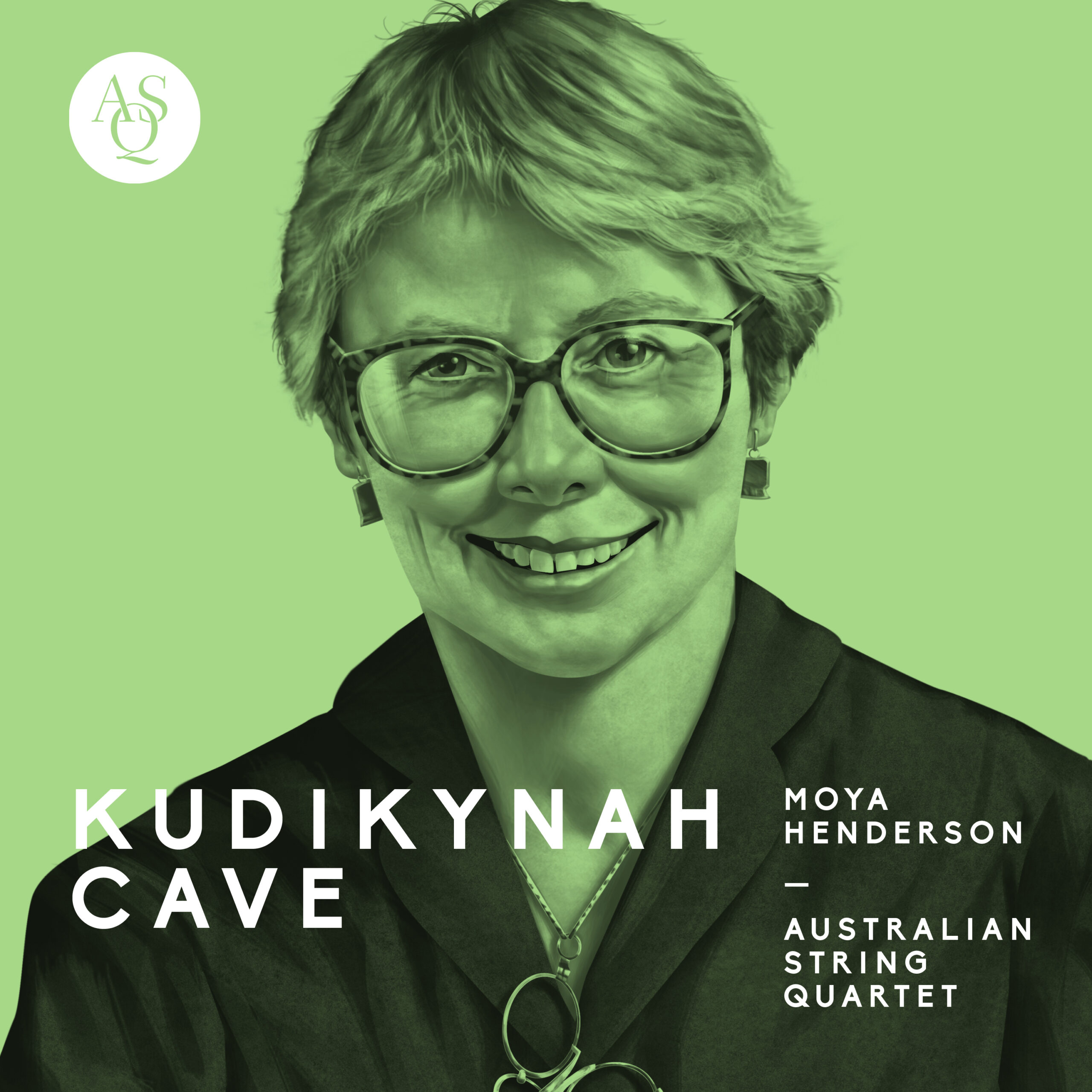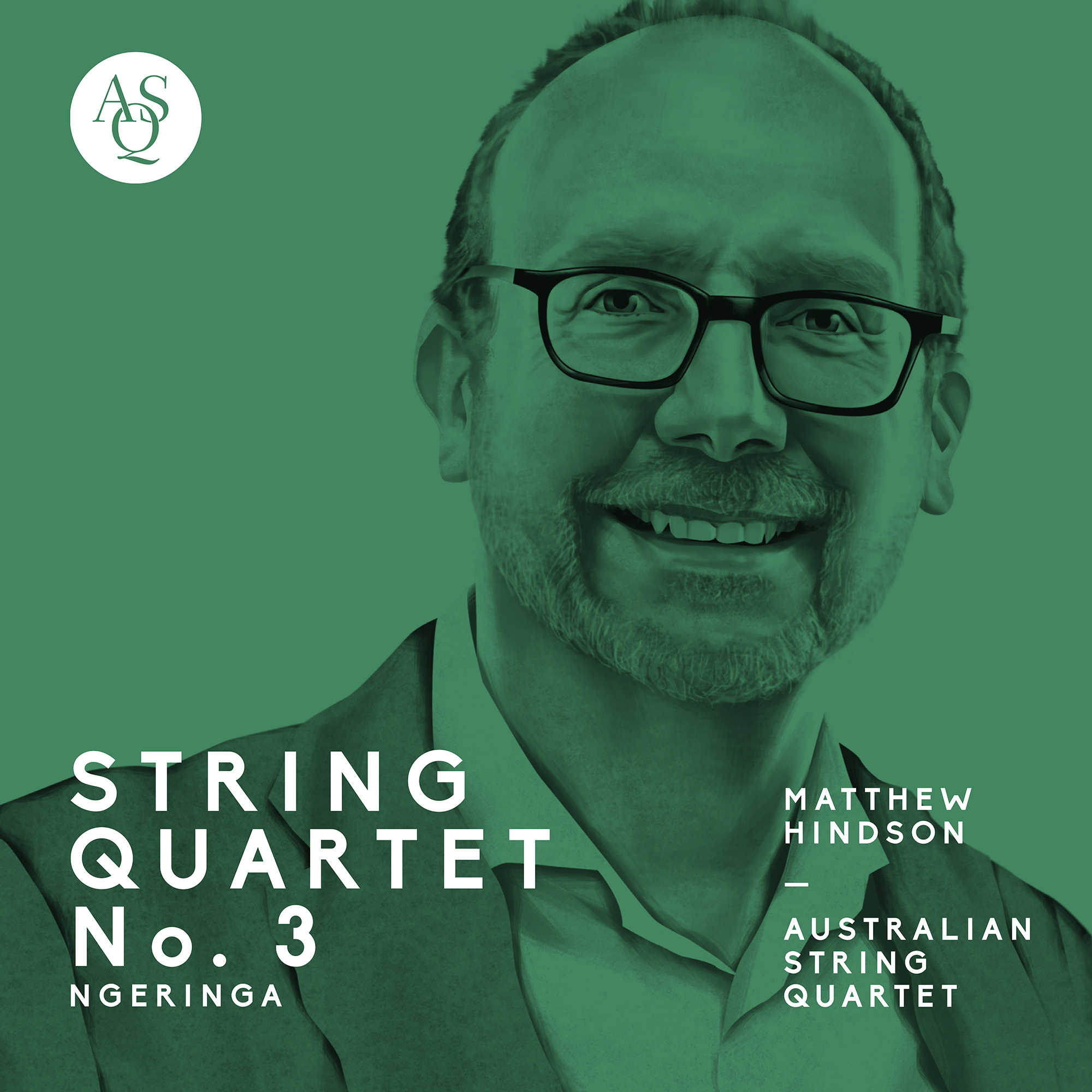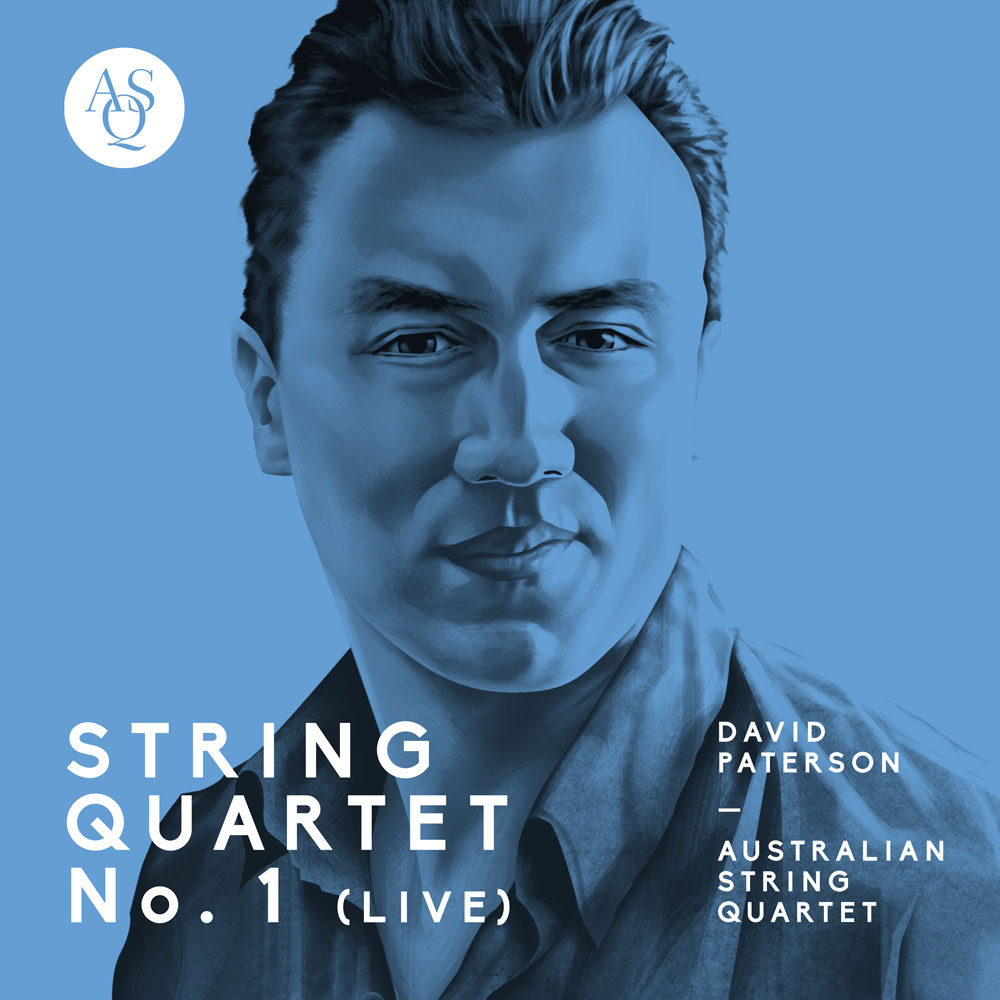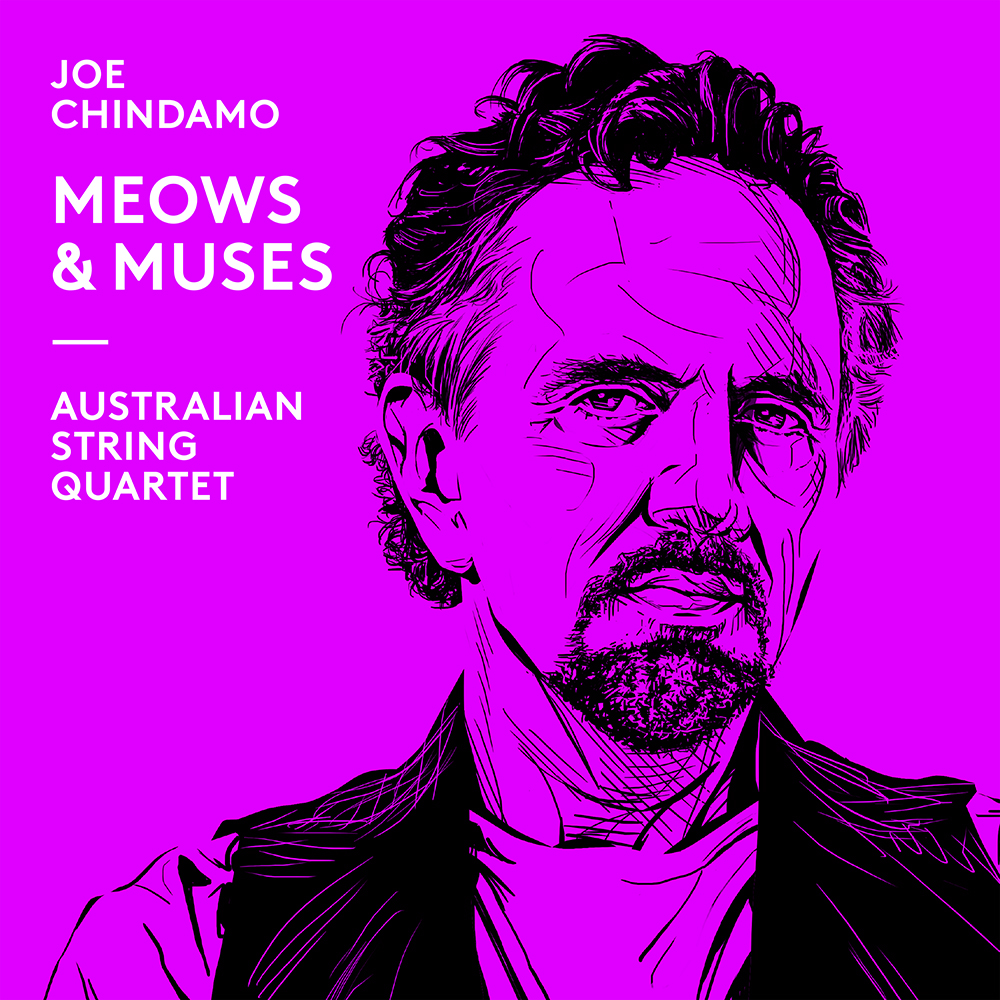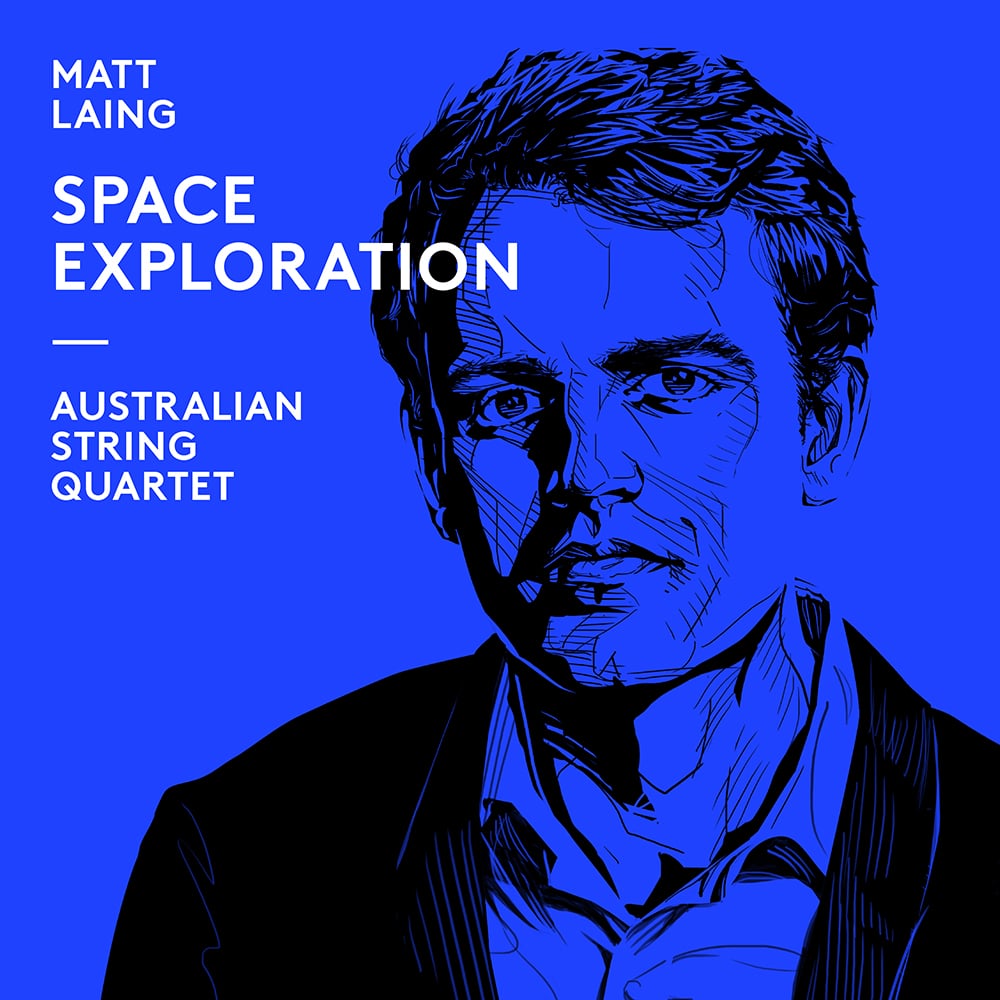CHARLES EDWARD HORSLEY
String Quartet No.1
I. Un poco ad Libitum
II. Adagio e Mesto
III. Allegretto Tranquillo
IV. Finale Allegro molto con brio
CREDITS
Performed by Australian String Quartet
Dale Barltrop – Violin I
Francesca Hiew – Violin II
Stephen King – Viola
Sharon Grigoryan – Cello
Composed by Charles Edward Horsley (1822 – 1876)
Edited by Richard Divall AO OBE
State Library of Victoria Manuscript published by Marshall-Hall Trust.
Stephen Snelleman – Producer
Russell Thomson – Engineer
Alex Stinson – Editing and mastering
Angelina Zucco – ASQ Chief Executive
Sophie Emery – ASQ Operations Manager
Recorded at UKARIA Cultural Centre, Mt Barker, South Australia – December 2016.
Artwork – Jim Tsinganos Illustration
Art Direction – Cul-de-Sac Creative
This recording was produced with the generous support of the Marshall-Hall Trust, Australian Community Foundation, Newman College, University of Melbourne, Ulrike Klein and Alison Beare – UKARIA, Jen Gallery, Hartley Higgins, Vahé Sarmazian, Gary and Janet Tilsley, ABC Classic, State Library of Victoria. It was this recording which preceded the establishment of the ASQ’s Richard Divall Australian Music Fund which has been vital in supporting the Quartet’s commitment to Australian music making.
PROGRAM NOTES
Charles Edward Horsley (1822-1876), son of a composer, was born in London, studied in Germany, associating with Felix Mendelssohn, Ignaz Moscheles and Ludwig Spohr.
He arrived in Melbourne in 1861, some years after the Gold Rush. He was an organist at churches in South Yarra and Richmond, and later at St Francis’ Church, Melbourne, active as a conductor, festival organiser, critic, pianist and composer. His String Quartet in C major (1862) was probably the first ever written in Australia. Described as ‘erratic’, ‘eccentric’, ‘impulsive’, he had a gift for making enemies and when he left Australia in 1871 his achievement was soon forgotten. He spent his last three years as an organist and choir director in New York, achieved some success, and died there.
The Quartet, in the conventional four movements, is technically assured, romantic and lyrical, and appropriately Mendelssohnian.
Richard Divall AO OBE (1945-2017), deeply committed to recovering Australia’s musical heritage, drew attention to Horsley’s pioneering work, edited the Quartet and ensured that it was performed and recorded by the Australian String Quartet, just before his own, much lamented, death.
The Hon. Barry Jones AC
